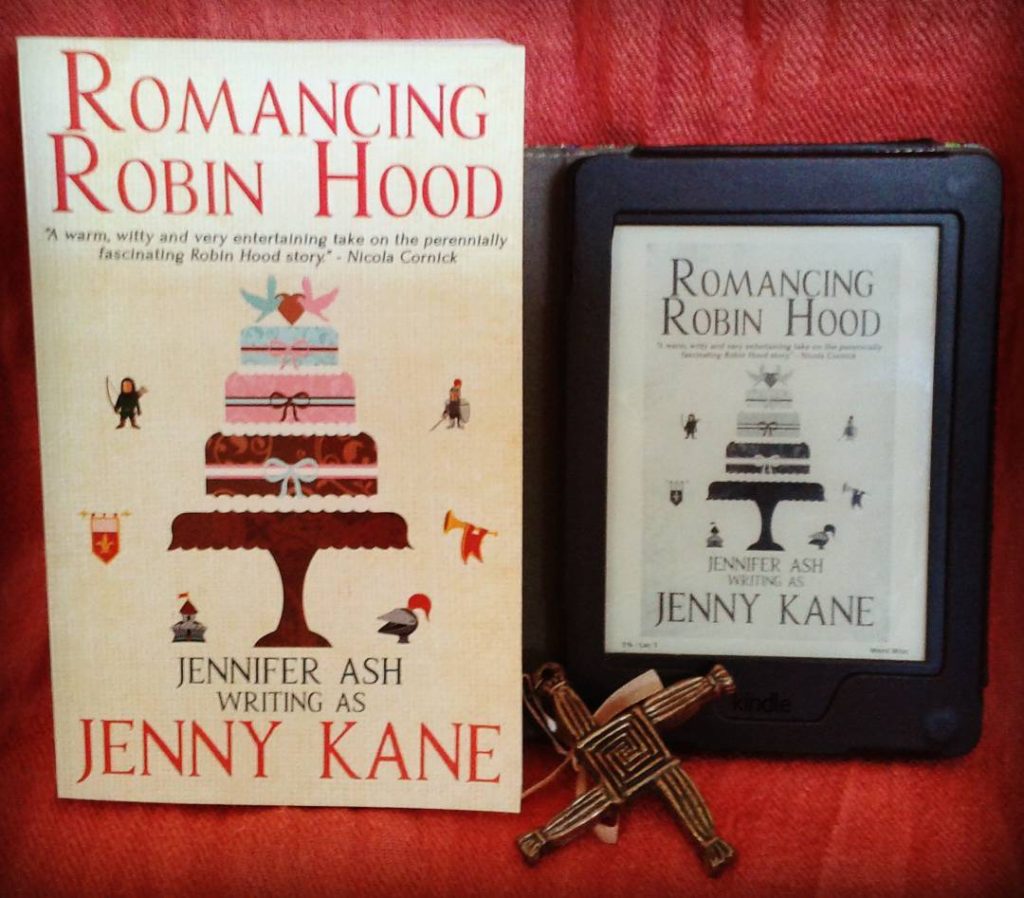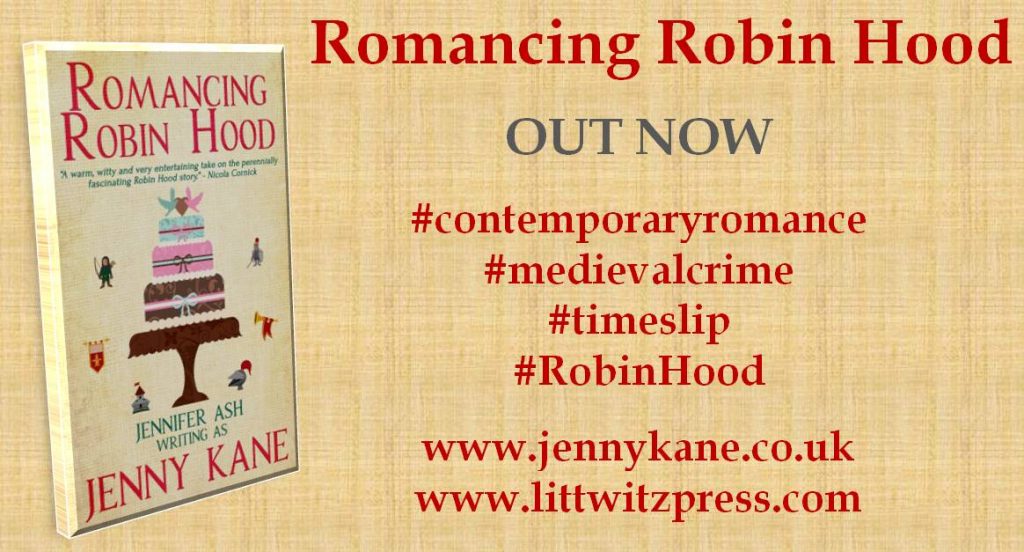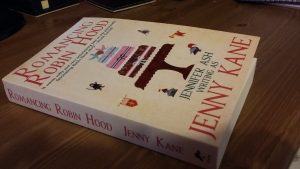A few years ago I was lucky enough to receive a fantastic review for my Cornish novel, Abi’s House, from the lovely folk at Devon Life Magazine. Much to my surprise and delight, this month I have received a wonderful review from Devon Life for its sequel, Abi’s Neighbour.

For the next few days you can get my bestselling novel, Abi’s House for only 99p on Kindle. The perfect Valentine’s gift!
The sequel to Abis House, Abi’s Neighbour introduces new characters- some nice- and some who are going to take a little getting used to…
Here’s the blurb to help you picture the scene…
Abi Carter has finally found happiness. Living in her perfect tin miner’s cottage, she has good friends and a gorgeous boyfriend, Max. Life is good. But all that’s about to change when a new neighbour moves in next door.
Cassandra Henley-Pinkerton represents everything Abi thought she’d escaped when she left London. Obnoxious and stuck-up, Cassandra hates living in Cornwall. Worst of all, it looks like she has her sights set on Max.
But Cassandra has problems of her own. Not only is her wealthy married lawyer putting off joining her in their Cornish love nest, but now someone seems intent on sabotaging her business.
Will Cassandra mellow enough to turn to Abi for help – or are they destined never to get along?
Complete with sun, sea and a gorgeous Cornwall setting, Abi’s Neighbour is the PERFECT summer escape.
(Abi’s Neighbour can be read as a standalone novel, or as a sequel to Abi’s House)
***
This lovely review from Devon Life Magazine for Abi’s Neighbour is available in this month’s magazine.
“Octogenarians getting married; one of them is more than adept at cards and used to do secret Government work. But what the heck. I feel as if I’ve just spent a weekend with Abi Carter and my other best friends in Cornwall. And that’s what is irresistible about Jenny’s writing. This Tiverton author has a knack of making you feel as if you live in Sennen. So, how could Cassandra Henley-Pinkerton not see the treasures all around her? A perfect Valentine read. Published by Accent Press. Paperback £7.99”
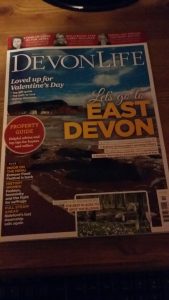
Here’s an extract from Abi’s Neighbour…
The untidy, clipboard-wielding woman started talking as soon as she climbed out of her Mini. ‘Hello, my name’s Maggie, and I’m from –’
Cassandra cut impatiently across the formalities. ‘Sennen Agents, obviously. It’s written across your car.’
‘Oh, yes. So it is.’ Maggie paused, ‘Anyway, I’m sorry I’m late, I got stuck behind a tractor down the lane.’ She jingled a key ring in front of her. ‘I have your keys, Miss Pinkerton.’
‘No, you don’t.’ ‘I don’t?’ The estate agent frowned, looking away from the woman that stood before her in expensive couture with crossed arms and a far from happy expression. Flicking through the papers on her clipboard, Maggie said, ‘I was instructed by a Mr Justin Smythe that you would be accepting the keys on his behalf?’
‘I meant, no, my name is not Miss Pinkerton. It is Ms Henley-Pinkerton.’
‘Oh. I see.’ Maggie refrained from further comment as she clutched the keys a little tighter.
Determined to make sure the situation was clearly understood, Cassandra pulled her jacket on, turning herself back into the sharp-suited businesswoman she was. ‘In addition to your error regarding my name, there appears to have been a further mistake.’
‘There has?’
‘Mr Smythe has not purchased this property. He has merely rented it, with an additional agreement to sublet it as a holiday home. I am here for two months to make the place suitable.’ Cassandra ran a disdainful eye over the beautiful exterior stonework. ‘It would seem that my work is going to be well and truly cut out.’
‘This is a much sought-after street, Ms HenleyPinkerton. And this particular property is in excellent period condition.’ Feeling defensive on behalf of the old miner’s cottage, Maggie bit her tongue and flicked through her paperwork faster. Extracting a copy of the bill of sale, she passed it to the slim, angular blonde. ‘I think the misunderstanding must be yours. Mr Smythe has purchased number two Miners Row outright. It was a cash sale.’
Snatching the papers from Maggie’s fingers, Cassandra’s shoulders tensed into painful knots. Why hadn’t Justin told her he’d done this? She was convinced she was right. And anyway, he’d never deliberately make her appear foolish in front of a country bumpkin estate agent… Yet as Cassandra scanned the document before her, she could see there’d been no mistake. Closing her eyes, she counted to ten, before opening them again to regard the badly dressed woman before her, who was once again holding out the offending set of keys. Failing to take them, Cassandra gestured towards the little house.
‘Perhaps you would show me around, after I’ve made a call to Mr Smythe?’ Maggie, already feeling sorry for this unpleasant woman’s future neighbours, took unprofessional pleasure in saying, ‘Good luck with that call. The phone signal here is unpredictable to say the least.’
It had taken a ten-minute walk towards Sennen village to get a decent reception on her mobile phone, and then, when she’d been able to connect the call, Justin’s line was engaged. When she’d finally got through, she was more than ready to explode. ‘Justin! How could you have done this to me without a word? You’ve made me look a total idiot.’
Clearly thrilled that he’d managed to buy the terrace for a knock-down price – which, he’d claimed, was a far more economic use of their funds, an investment that would make them a fortune to enjoy in their retirement – he’d sounded so excited about what it meant for their future together that Cassandra had found it hard to remain cross. Assuring her that the situation remained the same, and that she was still only expected to stay in Cornwall while he secured his new position and got the wheels of the divorce in motion, Justin told Cassandra he loved her and would be with her very soon.
Returning to the terrace reassured, if lacking some of her earlier dignity, Cassandra swallowed back all the words she’d have liked to say as she opened the door and the gloom of the dark and narrow hallway enveloped her. She was sure that awful Maggie woman had been laughing at her. The agent had taken clear pleasure in telling her that if she hadn’t stormed off so quickly she’d have found out that the phone reception was excellent if you sat on the bench in the back garden.

Vowing to never drink champagne in any form ever again, as it clearly caused her to agree to things far too readily, Cassandra saw the next two months stretching out before her like a lifetime. Letting out some of the tension which had been simmering inside her since she’d first seen the for sale sign, she picked up a stone and threw it at the back fence, hard. Maggie had gone, leaving her reluctant client sitting on an old weathered bench in the narrow rectangular plot at the back of the house.
Playing her phone through her fingers, Cassandra saw that there was enough reception to make calls if she sat in this spot – but only in this spot. One step in either direction killed the signal dead, which was probably why the previous owners had placed a bench here. And probably why they left this Godforsaken place! The Internet simply didn’t exist here. When she’d swallowed her pride and asked Maggie about the strength of the local broadband coverage, the agent had actually had the audacity to laugh, before informing Cassandra with obvious satisfaction that people came to Sennen for their holidays to leave the world of emails and work behind them.
Breathing slowly, she pulled her shoulders back, pushed her long, perfectly straight blonde hair behind her ears, and took a pen and paper out of her bag. It looked as if she was going to have to tackle this, old school.
First she would make a list of what she considered necessary to make the house habitable for holidaymakers, then she would locate the nearest library or internet café so she could source decorators and builders to get the work underway. The sooner she got everything done, and herself back to hustle and bustle of London, the better.
Deciding there was no way she could sleep in this house, which Maggie had proudly described as ‘comfortable’, ‘sought-after’, and ‘ready to be made absolutely perfect’, Cassandra hooked her handbag onto her shoulder and headed back into the whitewashed stone house. Shivering in the chill of the hallway, despite the heat of the June day, she jumped in the silence when the doorbell rang just as she bent to pick up her overnight bag. For a second she froze. It had been years since she’d heard a doorbell ring. In her block of flats back home she buzzed people in via an intercom, and anyway, people never just dropped by. She hoped it wasn’t that dreadful Maggie back with some other piece of unwanted advice.
It wasn’t Maggie. It was a petite woman in paint spattered clothes, with a large shaggy dog at her side. Cassandra’s unwanted visitor wore a wide smile and held a bunch of flowers in one hand and some bedding in the other. ‘Hello. My name’s Abi, I live next door. Welcome to Miners Row. I hope you’ll be very happy here.’
***
 I hope you enjoyed that!!
I hope you enjoyed that!!
Abi’s House is on special offer for a few more days only-
Abi’s Neighbour is available from all good retailers, including-
https://www.amazon.co.uk/Abis-Neighbour-Jenny-Kane/dp/178615028X/ref=sr_1_1?s=books&ie=UTF8&qid=1487006698&sr=1-1&keywords=abi%27s+neighbour
https://www.amazon.com/Abis-Neighbour-Jenny-Kane/dp/178615028X/ref=sr_1_1?s=books&ie=UTF8&qid=1487006868&sr=1-1&keywords=Abi%27s+Neighbour+by+Jenny+Kane
***
Happy reading!!
Jenny xx
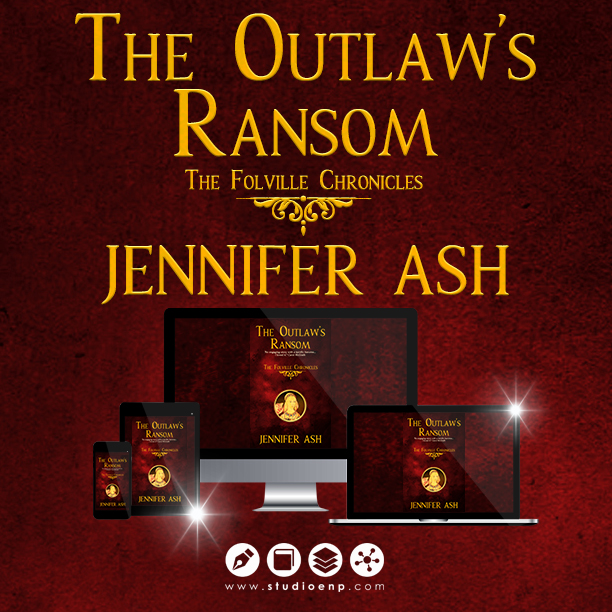 Here’s the blurb…
Here’s the blurb…
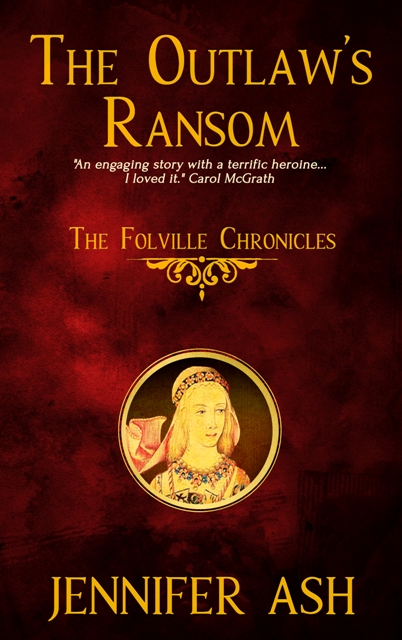

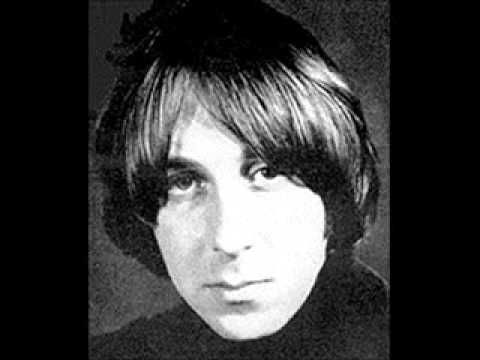
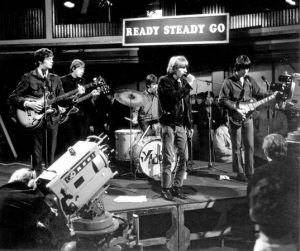
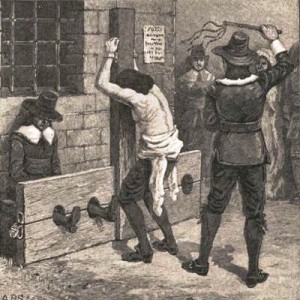
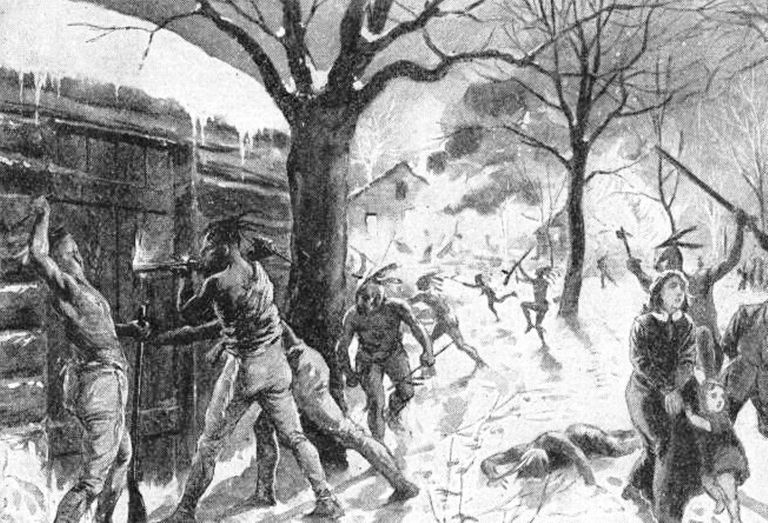
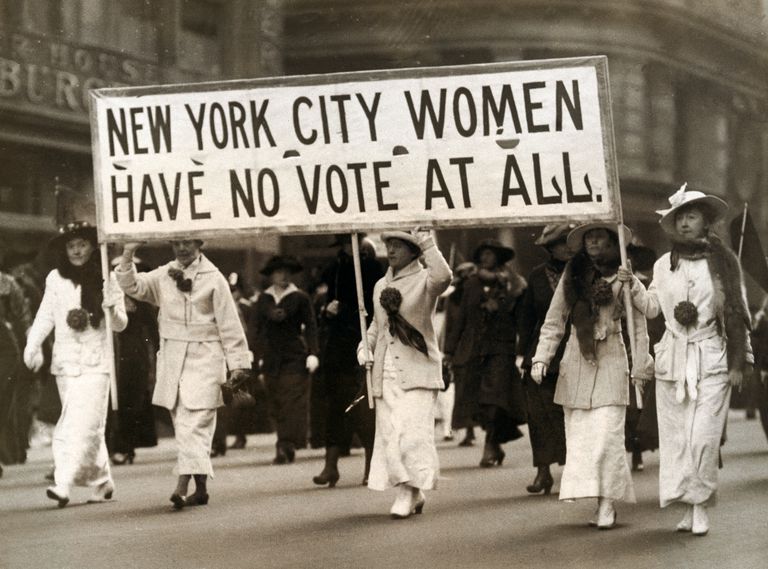
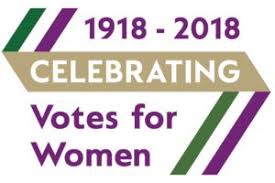 This month in the UK, we celebrated the centenary of suffrage for (some) women. Under the 1918 Representation of the People Act; women over the age of thirty who either owned land themselves or were married to men with property, or who were graduates, were able to put their cross in the box. The same act also dropped the voting age for men from thirty to twenty-one – so, not exactly on a level pegging. It was another whole decade until the 1928 Equal Franchise Act granted women in the UK truly equal voting rights, almost doubling the number of eligible females. That doesn’t really compare too favourably with democratic New Zealand, where all women were given the vote in 1893.
This month in the UK, we celebrated the centenary of suffrage for (some) women. Under the 1918 Representation of the People Act; women over the age of thirty who either owned land themselves or were married to men with property, or who were graduates, were able to put their cross in the box. The same act also dropped the voting age for men from thirty to twenty-one – so, not exactly on a level pegging. It was another whole decade until the 1928 Equal Franchise Act granted women in the UK truly equal voting rights, almost doubling the number of eligible females. That doesn’t really compare too favourably with democratic New Zealand, where all women were given the vote in 1893.
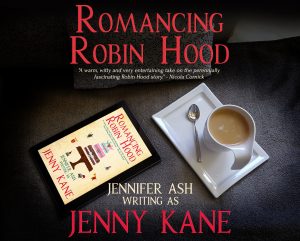

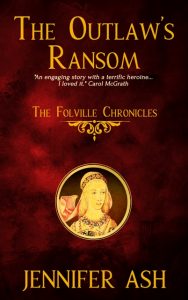
 ***
***
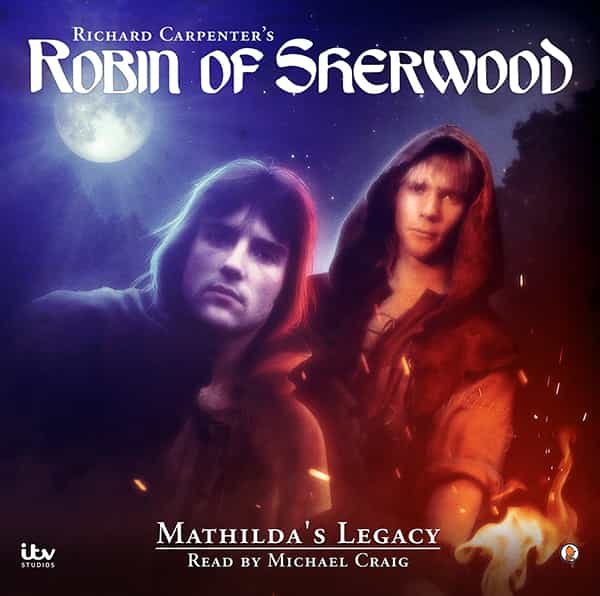

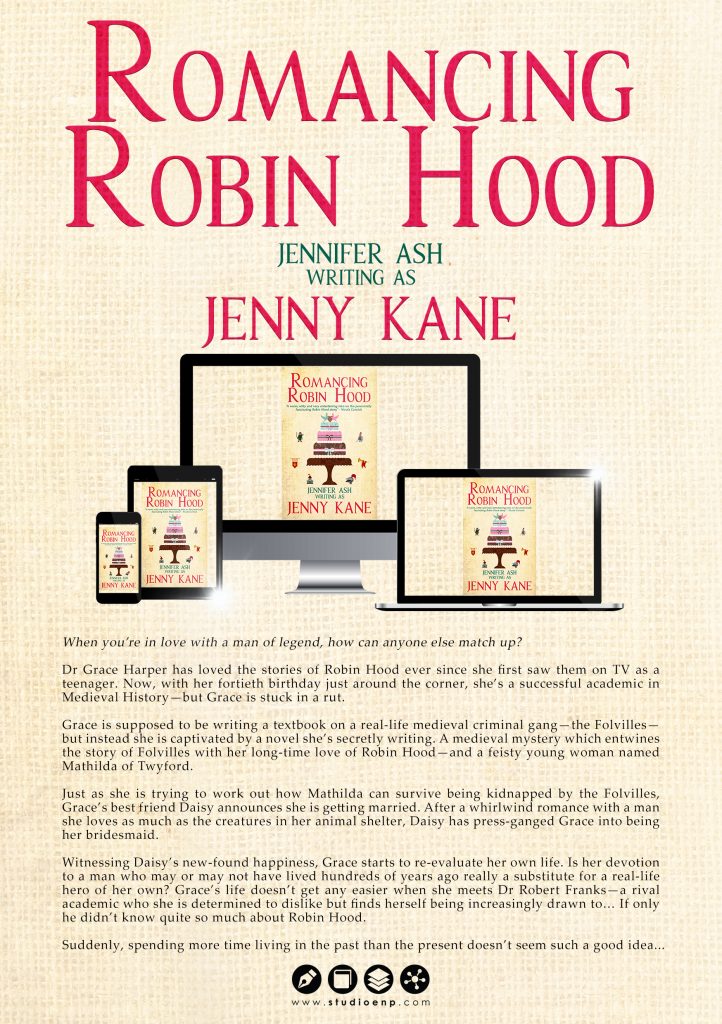

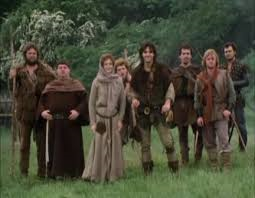
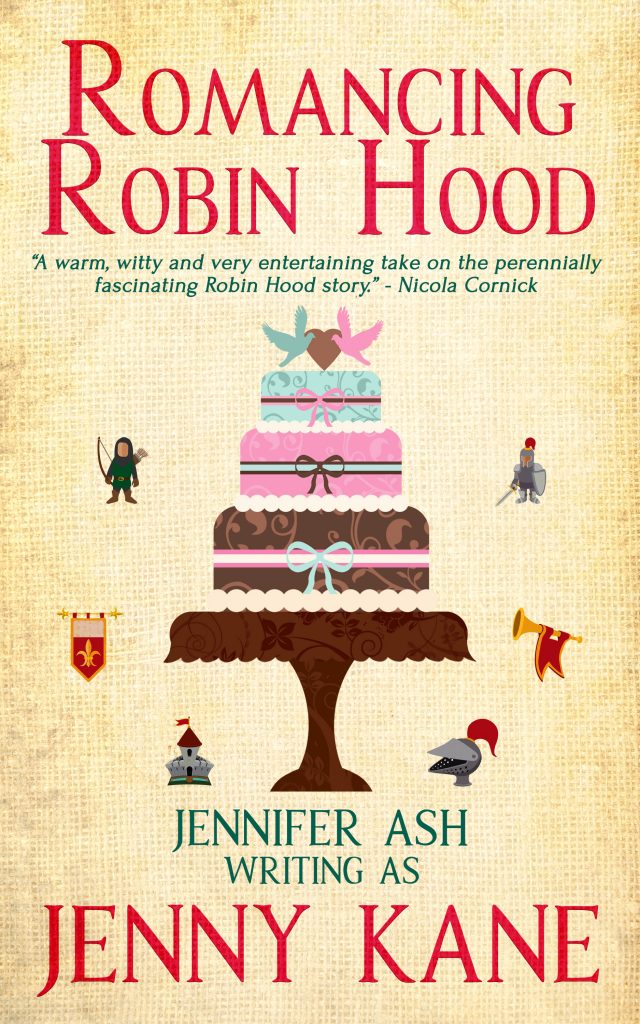



 I hope you enjoyed that!!
I hope you enjoyed that!!

 Kindle
Kindle